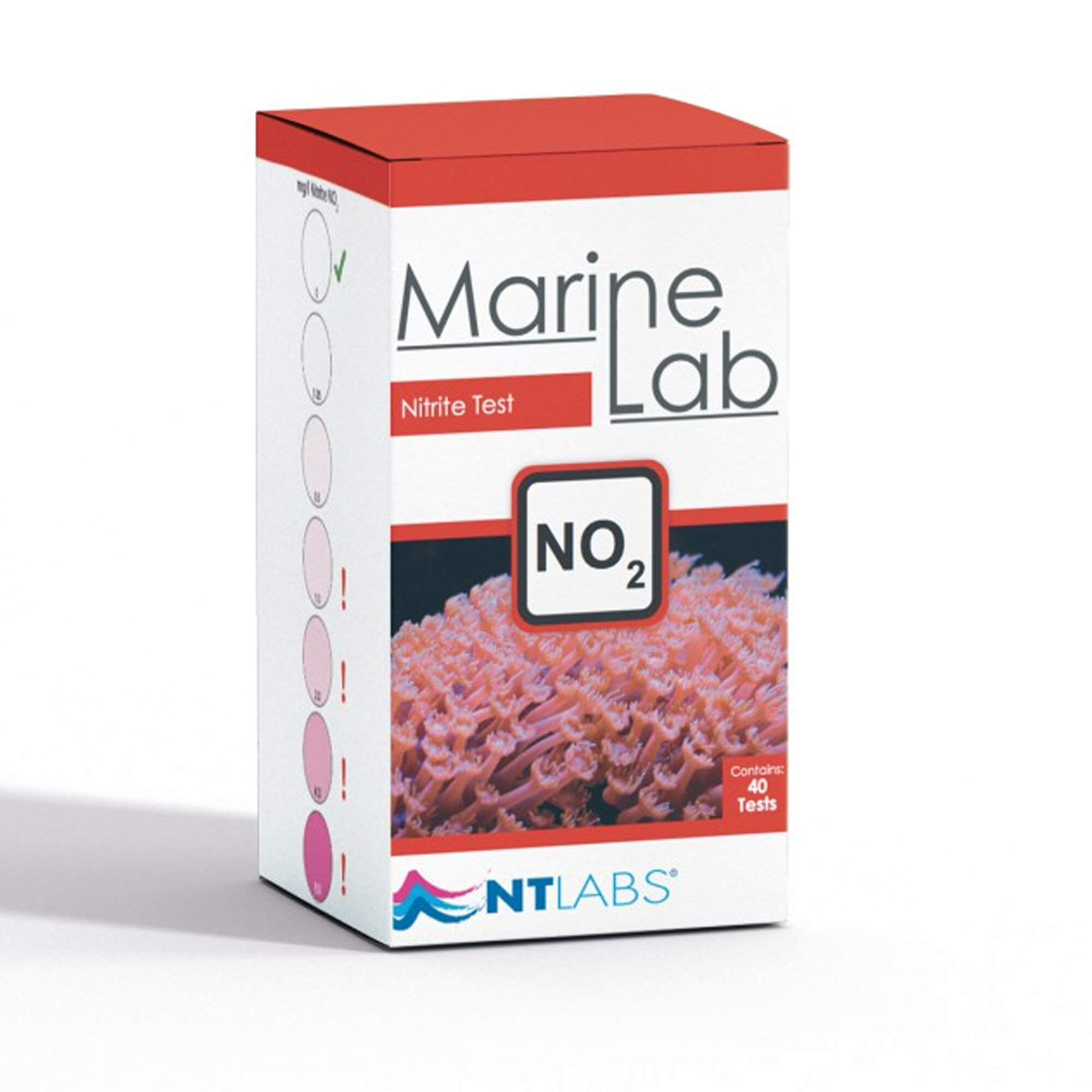NT Labs Marine Lab Calcium Test Kit
Achieving the correct calcium concentration range is critical: too little can lead to poor coral health, while too much can result in depletion of carbonate hardness (KH). Testing for calcium allows you to ensure optimal conditions for your aquarium inhabitants and the stability of other significant water chemistry parameters.
The typical value of calcium found in seawater is 420 mg/l, but values in the aquarium vary from 380 mg/l to 450 mg/l, dependent on the method of running your aquarium.
Achieving the correct calcium concentration range is critical: too little can lead to poor coral health, while too much can result in depletion of carbonate hardness (KH). Testing for calcium allows you to ensure optimal conditions for your aquarium inhabitants and the stability of other significant water chemistry parameters.
The typical value of calcium found in seawater is 420 mg/l, but values in the aquarium vary from 380 mg/l to 450 mg/l, dependent on the method of running your aquarium.
Achieving the correct calcium concentration range is critical: too little can lead to poor coral health, while too much can result in depletion of carbonate hardness (KH). Testing for calcium allows you to ensure optimal conditions for your aquarium inhabitants and the stability of other significant water chemistry parameters.
The typical value of calcium found in seawater is 420 mg/l, but values in the aquarium vary from 380 mg/l to 450 mg/l, dependent on the method of running your aquarium.
If the calcium level in your aquarium is wrong, partial water changes using a good quality reef salt is recommend to help re-establish the correct calcium concentration. It is also important to check the magnesium and KH as the three are correlated. If the calcium is incorrect, magnesium and KH are also likely to be wrong.






